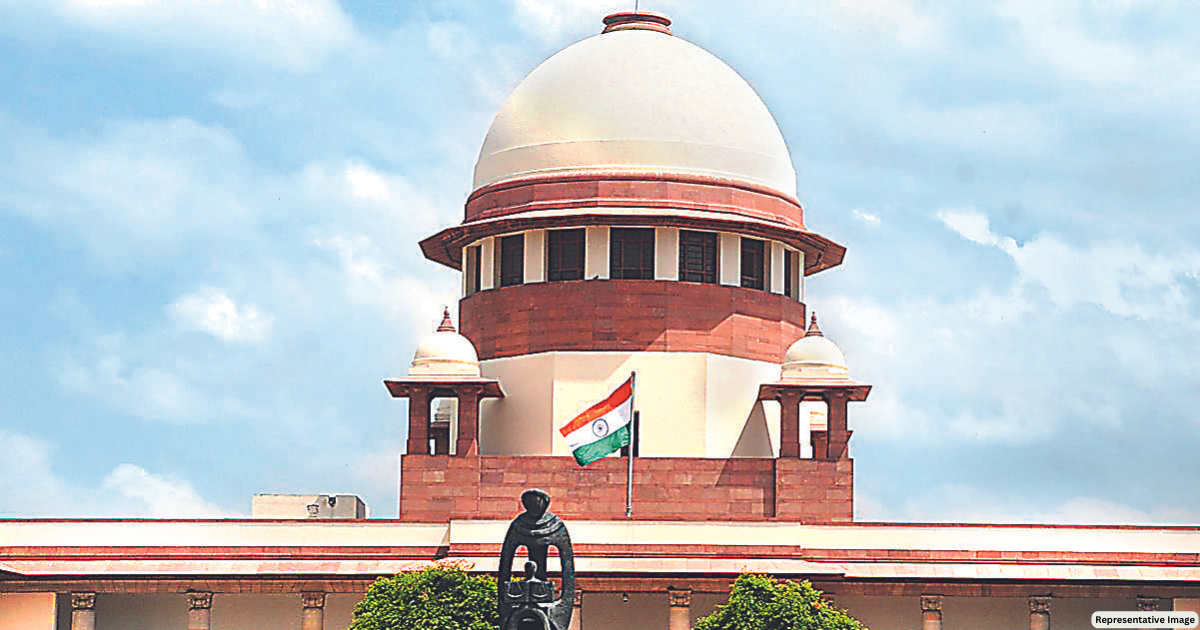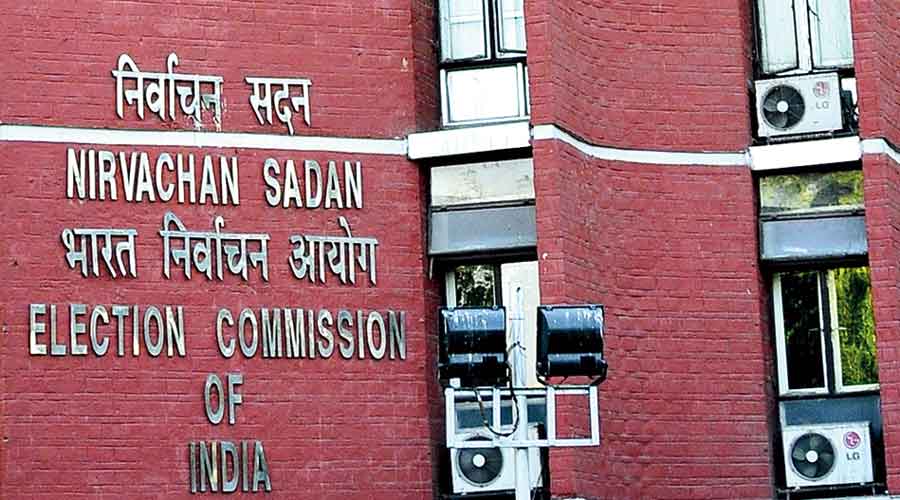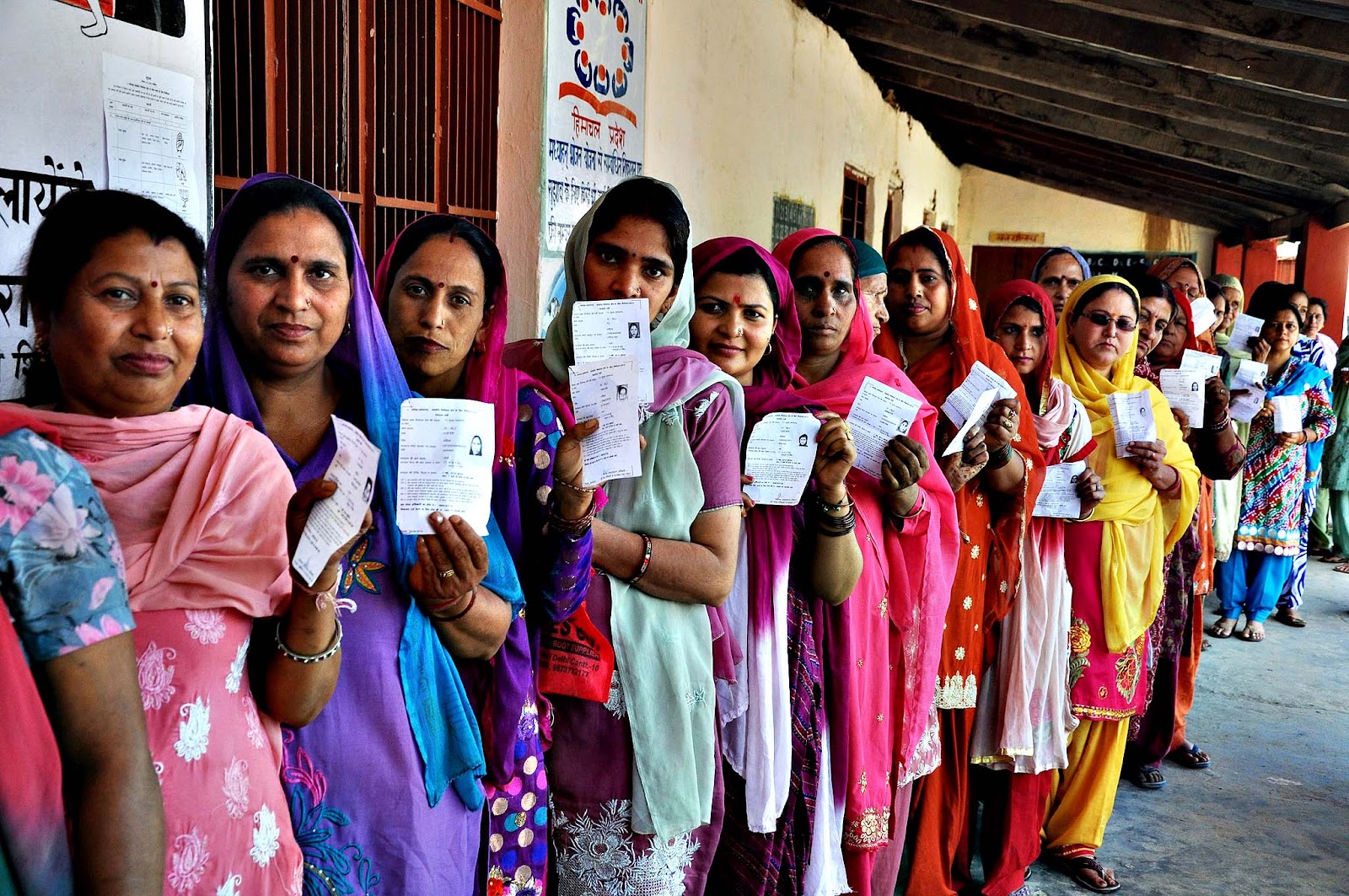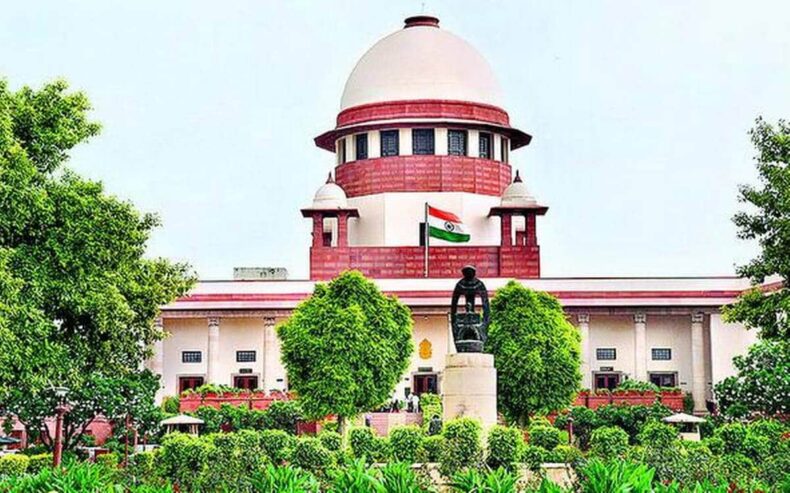The Association for Democratic Reforms (ADR), a non-governmental organization working to promote transparency and accountability in Indian politics, has recently filed a petition seeking action against the Election Commission of India against the political parties which contempt of the Supreme Court’s order regarding the filing of criminal records of candidates on their websites. The ADR’s plea raises an important question of the integrity of the democratic process and at the same time the need for political parties to follow the highest standard of ethical conduct.
Supreme Court’s Directive
Our Indian democracy has seen a steady increase in the level of criminalization creeping into Indian polity. The Apex court on September 25, 2018, directed all the political parties to publish the criminal records of their candidates on their websites and the reasons for choosing such candidates as their representatives in the elections.

For the Contempt of Court by political parties, SC on February 13, 2020, asked the reasons from political parties for nominating such candidates within 72 hours of their selection. The Election Commission of India also issued the same guidelines on October 10, 2018, and March 6, 2020, making it obligatory for all parties to publish the required details on their websites.
ADR’s Allegations
The Association of Democratic Reforms alleges that despite the Supreme Court order, political parties failed to follow such a directive. ADR‘s analysis indicates that many political parties not only neglected to disclose the criminal background of the candidates but also failed to justify selecting such candidates. This non-compliance with the court’s order can have a serious impact on the democratic process of the country and also it can impact the process of free and fair elections.

So to prevent this ADR is seeking strict action to be initiated against the defaulting political parties which had contested the 2024 State Assembly election held in Karnataka, Nagaland, Tripura and Meghalaya, the 2022 elections held in Uttar Pradesh, Goa, Gujarat, Manipur, Punjab, Uttarakhand and Himachal Pradesh. According to ADR’s data in the 2019 general elections out of 2336 candidates with criminal cases against them, 1076 belonged to recognized political parties. ADR requested the EC to deregister those who were found guilty and had contempt of the court’s order.
Implication for Democracy
The candidates with criminal records participating in the elections may have significant implications on democracy.

Such candidates, if elected, can compromise the integrity of legislative bodies and can hinder the effective functioning of democratic institutions. If such candidates are elected, then it can have a negative impact on the people of the country as it not only erodes the public trust but also conveys that criminality is acceptable in politics which is not good for a democratic country like India. The non-compliance of political parties with the Supreme Court’s order on disclosing the criminal record of the candidate contesting elections shows a matter of concern as it can have negative implications on the mind of voters.
ADR’s effort towards such behavior of political parties reflects the organization’s commitment to safeguarding the democratic process and promoting transparency in politics. By taking action against political parties in Contempt of Court, India can reaffirm its commitment to democratic principles and at the same time it also paves the way for a more accountable and responsible political landscape.













